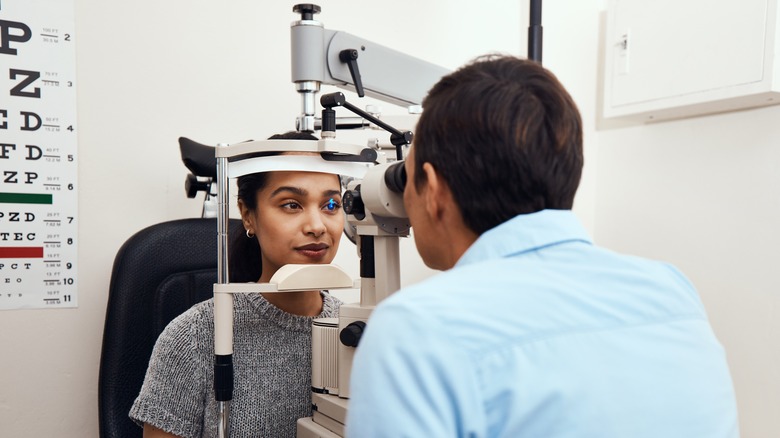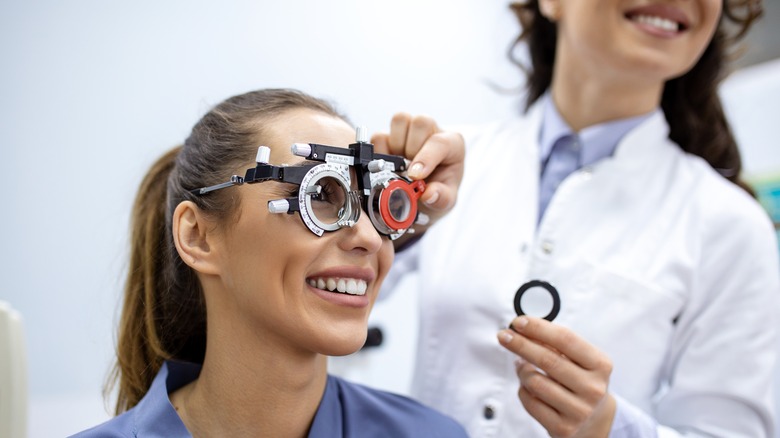Optometrist Versus Ophthalmologist: Which Is Best For You And Your Eyes?
It's estimated that a significant portion of the American population has some form of eye condition or vision problem. According to the National Eye Institute, as of 2015, more than 3.2 million adults in the United States had a vision impairment. Additionally, it's expected that by 2050, people with visual impairment will double to more than 8 million. These numbers highlight the importance of regular eye exams and good eye care in maintaining healthy vision.
According to the Centers for Disease Control and Prevention (CDC), regular eye exams can help to detect potential vision problems early on, which can be key to preventing or slowing the progression of eye conditions. Regular eye exams can also help maintain overall health since the eyes can detect certain health conditions based on their associated symptoms. Some conditions noted by the CDC include high blood pressure, diabetic retinopathy, cataracts, and glaucoma.
In many cases, eye examinations are carried out by an optometrist or ophthalmologist. However, both health professions have differences despite focusing on eye- and vision-related issues.
What's the difference between an optometrist and an ophthalmologist?
According to the Cleveland Clinic, an optometrist is a healthcare professional who specializes in the examination and treatment of the eyes and vision. Optometrists are trained to diagnose and manage various eye conditions, including farsightedness, nearsightedness, and astigmatism. They can also prescribe glasses and contact lenses to help correct vision problems. In addition to providing vision care, optometrists may also provide general eye health services, such as checking for signs of glaucoma or other eye diseases. According to Healthline, optometrists are not medical doctors but licensed eye doctors who can provide a range of services to help maintain healthy eyes and good vision.
Ophthalmologists are highly trained and skilled healthcare professionals who can provide various services to help maintain healthy eyes and good vision. They're trained to provide comprehensive eye care, including medical, surgical, and optical care. This can include prescribing glasses or contact lenses, performing eye exams and vision tests, diagnosing and treating eye diseases and conditions, and performing eye surgeries, says the Cleveland Clinic. According to the Clinic, they are licensed medical doctors who have completed a four-year pre-medical undergraduate degree, an additional four years of medical school, and at least four years of on-the-job training (including a one-year internship).
Which is best for you and your eyes?
Both optometrists and ophthalmologists are qualified healthcare professionals who can provide a range of services to help maintain healthy eyes and good vision. The main difference between the two is that optometrists are not medical doctors, while ophthalmologists are medical doctors who specialize in surgery, says Healthline. As a result, ophthalmologists have a broader range of knowledge and expertise in medical and surgical eye care, while optometrists are more focused on providing basic vision care.
Ultimately, the best choice between an optometrist and an ophthalmologist will depend on your individual needs and circumstances, explains Healthline. If you have a complex or serious eye condition that requires medical or surgical treatment, an ophthalmologist may be the better choice. If you need help with a routine vision problem, such as needing glasses or contact lenses, an optometrist may provide the care you need.



